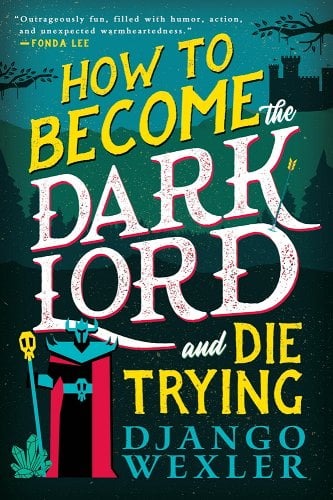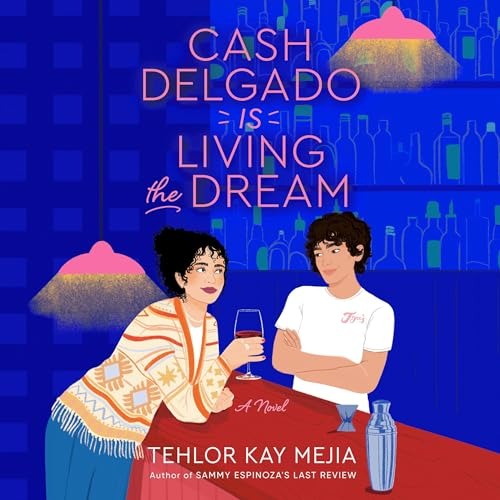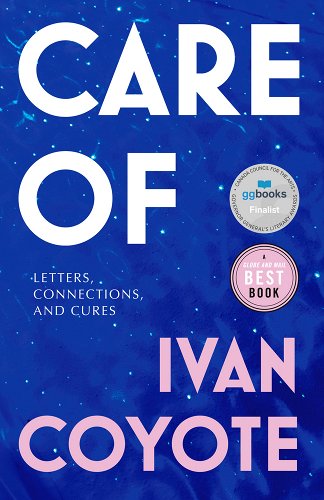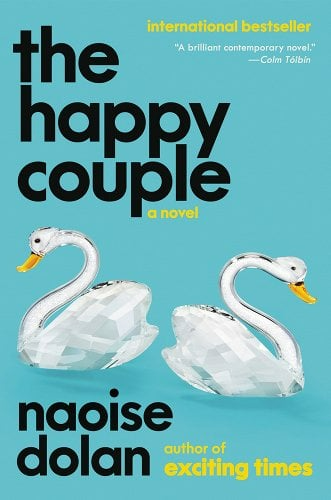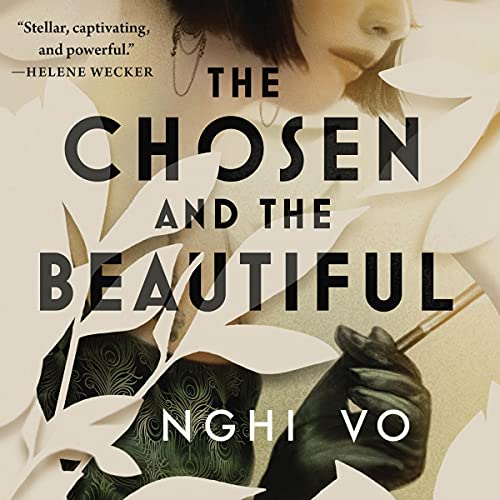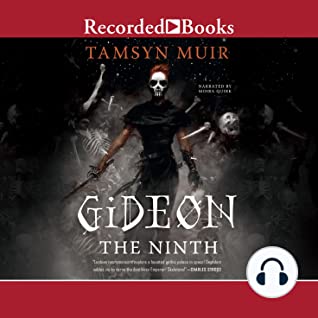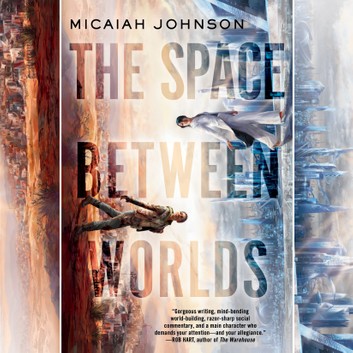I picked this book up for the premise: it’s pitched as Groundhog Day meets Deadpool and is about a chosen one character who has been brought to a fantasy world to save the kingdom. Every time she dies, she wakes up at the beginning of her story, forever stuck in a time loop. After hundredsRead More
A Swoony Historical Sapphic Romance: An Island Princess Starts a Scandal by Adriana Herrera
Buy this from Bookshop.org to support local bookstores and the Lesbrary! Manuela del Carmen Caceres Galvan wants to experience a final lesbian hurrah in Paris before she has to marry a rich man for her family’s security. Cora Kempf Bristol, Duchess of Sundridge, wants to secure her place in the business world by negotiating aRead More
How Much Would You Sacrifice for Fame?: Every Time You Hear That Song by Jenna Voris
Buy this from Bookshop.org to support local bookstores and the Lesbrary! I won’t be able to get through this review without mentioning The Seven Husbands of Evelyn Hugo, so let me get the comparison out of the way now. Like Evelyn Hugo, this cover likely doesn’t scream “queer story,” but it is—twice over, actually. LikeRead More
A Painfully Oblivious Lesbian Love Story: Cash Delgado Is Living the Dream by Tehlor Kay Mejia
Buy this from Bookshop.org to support local bookstores and the Lesbrary! Your enjoyment of Cash Delgado Is Living the Dream will depend heavily on how you feel about reading hundreds of pages of a truly oblivious queer main character. The kind of character who googles, “Can you be straight and have a sex dream aboutRead More
Teen Witches Cover Up a Murder: When We Were Magic by Sarah Gailey
Buy this from Bookshop.org to support local bookstores and the Lesbrary! Alexis and her five friends share a secret—they all have magic powers. On prom night, Alexis’s magic goes wrong and a boy ends up dead. Now, the six teens have to keep this a secret as they try to make things right. Bonds areRead More
A Kind Voice from the Unkind Days of Early 2020: Care of by Ivan Coyote
Buy this from Bookshop.org to support local bookstores and the Lesbrary! Ivan Coyote is one of my all-time favourite authors; I love their short stories and their essay collections. I’ve gotten to see them perform several times, and it’s always an amazing experience. Which is why I was thrown when I listened to the audiobookRead More
A Page-Turning Mess of a Queer Love Polygon: The Happy Couple by Naoise Dolan
Buy this on Bookshop.org to support local bookstores and the Lesbrary! If you’re looking for something fun, marathonable, the right amount of messy, and full of queer love polygon drama, then look no further than The Happy Couple. I listened to this as an audiobook (a short and snappy 5.5 hour experience) and I foundRead More
A Bisexual, Magical, Asian American Take on Gatsby: The Chosen and the Beautiful by Nghi Vo, Narrated by Natalie Naudus
Amazon Affiliate Link | Bookshop.org Affiliate Link In this retelling of The Great Gatsby, Jordan Baker narrates the story from the perspective of a queer, Asian woman adopted by a white couple. Although she runs in elite circles with Daisy and Tom, she is treated as an exotic pet, left on the outside even whenRead More
Meagan Kimberly reviews Gideon the Ninth by Tamsyn Muir
Amazon Affiliate Link | Bookshop.org Affiliate Link Ready to cut loose from her life serving the Ninth House and a doomed future, Gideon makes plans to escape the planet, but Harrow has other plans for her. Harrow has been summoned by the Emperor to engage in a trial of necromantic skills and intellect. If eitherRead More
Meagan Kimberly reviews The Space Between Worlds by Micaiah Johnson
Amazon Affiliate Link | Bookshop.org Affiliate Link Cara is a traverser in a world where travel between universes has been discovered. In most worlds, she’s dead, making her the perfect candidate for the job, as traveling to worlds where your counterpart is still alive results in your death. But the protagonist isn’t all she seems,Read More
